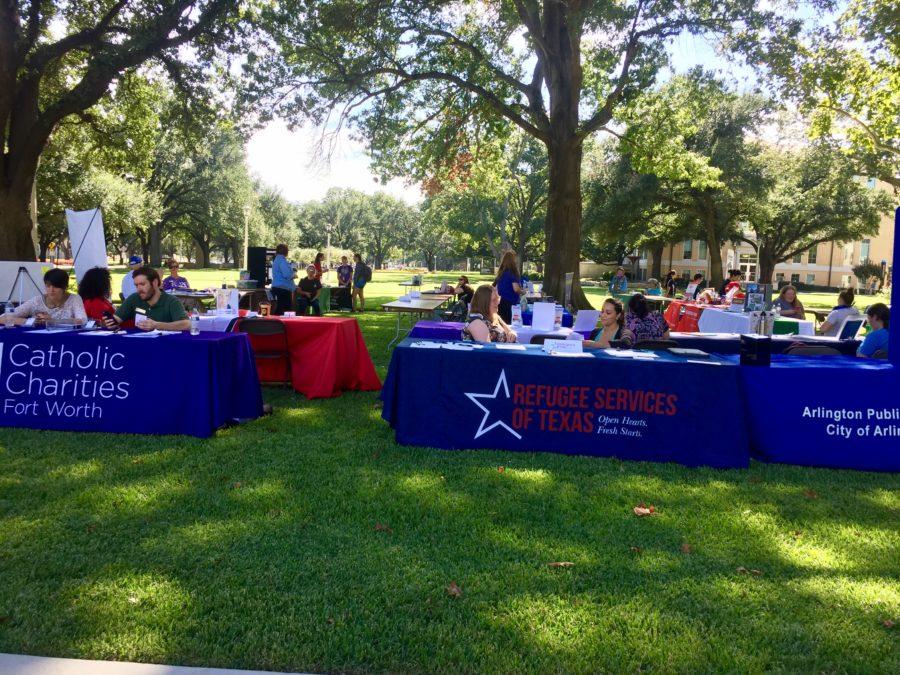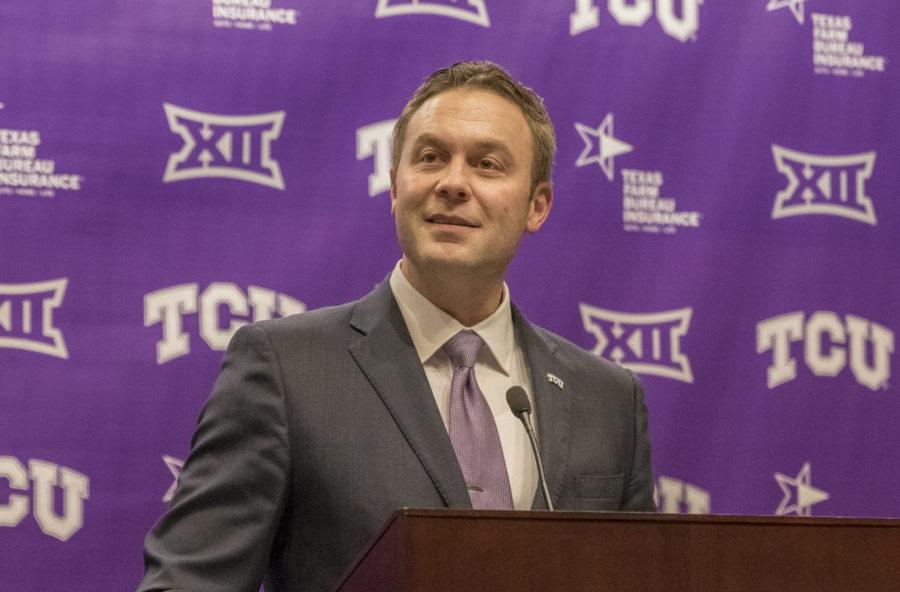There is a new trend to be “politically correct” in order to promote equality in language and to help people to recognize the harm in using certain words.
“The word ‘politically correct’ is of American English origin, but it is not a new thing,” said Kurk Gayle, the director of the university's Intensive English Program.
Although political correctness has become more obvious in recent years, the movement had its beginnings in the 1960s, Gayle said.
“Since the 1960s and the civil rights movement, ethnic groups and feminists were fighting to be included- that’s kind of how [the] political correctness trend began,” Gayle said.
Gayle said the English language has evolved over time, and that words are often changed in order to be more fully inclusive.
Gayle said he has noticed politically correct language becoming more pervasive. For instance, he noted the word "retard" has become unacceptable to use due to its negative connotations. Because the word is derogatory to those with intellectual disabilities, most people refrain from using it, he said.
Kathleen Kyzar, a lecturer in special education, said she challenges her students to be courageous when they hear others using the "r-word" and to ask the person to stop saying it.
Spread the Word to End the Word is a campaign to raise awareness about the demeaning use of the r-word. The campaign began in 2008.
In addition, Pi Kappa Phi fraternity and its affiliated philanthropy organization, Push America, have made the pledge to encourage people to think before using the r-word in an insulting way.
“As a chapter, we make it a point not to use the word because of all the work we do with KinderFrogs, an early childhood education program that primarily serves young children with disabilities," said Blake Beckelman, a junior communication studies major and member of Pi Kappa Phi. "[We] try to spread that around to other students on campus to not use it."
Beckelman said he has disliked the term since he began volunteering at KinderFrogs during his freshman year.
Gayle said that as more time passes, peoples' perceptions of political correctness and language may become more positive.
“Sometimes the term ‘political correctness’ takes a negative tone, but it has been an ongoing thing that will continue to change the English language,” Kurk Gayle said.




